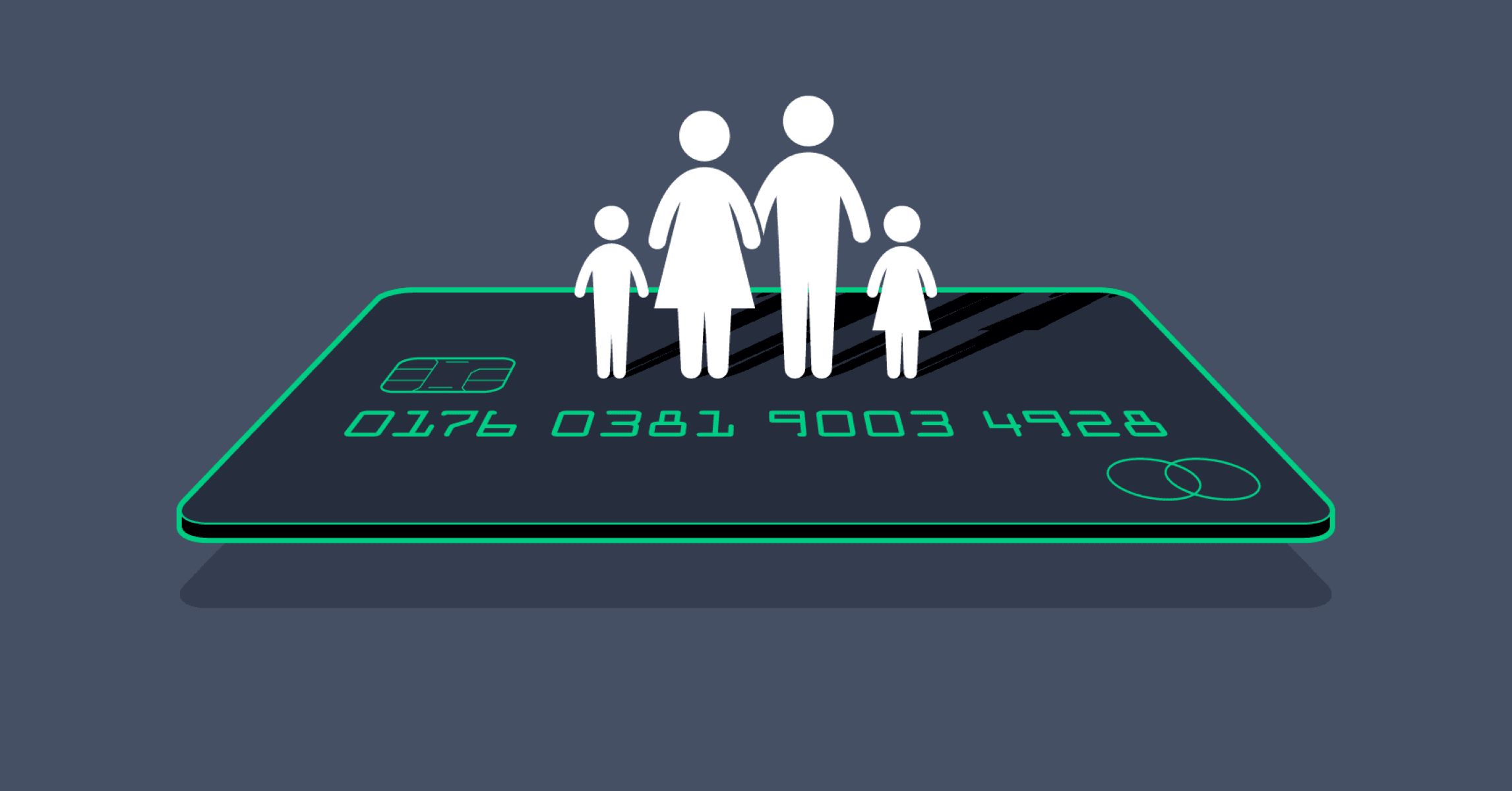Home>Finance>Immediate Family Definition, Criteria, And Legal Aspects


Finance
Immediate Family Definition, Criteria, And Legal Aspects
Published: December 7, 2023
Learn the definition of immediate family, key criteria, and legal aspects in finance. Discover how these factors impact your financial planning and decision-making.
(Many of the links in this article redirect to a specific reviewed product. Your purchase of these products through affiliate links helps to generate commission for LiveWell, at no extra cost. Learn more)
Understanding Immediate Family: Definition, Criteria, and Legal Aspects
When it comes to family, the relationships we share can be complex and varied. Amidst the complexity, the concept of “immediate family” often holds significant importance in different areas of our lives. But what exactly does immediate family mean? In this article, we will explore the definition, criteria, and legal aspects surrounding immediate family.
Key Takeaways
- Immediate family refers to close relatives with whom we share a direct and unbroken bloodline or legal ties.
- The definition of immediate family may vary depending on its context, such as for legal, insurance, or inheritance purposes.
Defining Immediate Family
Immediate family commonly refers to those family members who are considered closest to us, typically defined by a direct and unbroken bloodline or legal ties. While the specific definition of immediate family may vary depending on the context, the following individuals are commonly considered immediate family members:
- Spouse: Your husband or wife, with whom you are legally married.
- Parents: Your biological or adoptive mother and father.
- Children: Your biological or legally adopted sons and daughters.
- Siblings: Your brothers and sisters, whether biological or adopted.
It’s important to note that the definition of immediate family can extend beyond these core relationships based on cultural, legal, and personal considerations. For instance, some people may include their grandparents, grandchildren, or even close friends who they consider as family in their personal definition of immediate family.
Criteria for Immediate Family
While the primary criterion for immediate family is a direct bloodline or legal relationship, different contexts may have additional criteria to determine who falls into this category. Here are a few factors that may come into play:
- Marital Status: In the case of spouses, they must be legally married to be considered immediate family.
- Adoption: Legally adopted children or siblings are typically regarded as immediate family members.
- Guardianship: In some cases, individuals serving as legal guardians for minors may be considered immediate family members.
- International Relationships: Immigration laws may have specific criteria for immediate family members of citizens or residents.
Legal Aspects of Immediate Family
The concept of immediate family extends beyond personal relationships and holds legal significance in various contexts. Let’s take a look at a few areas where the definition of immediate family plays a crucial role:
- Insurance: Immediate family members may be eligible for coverage under health, life, or auto insurance policies.
- Benefits and Entitlements: Legal statutes may grant certain benefits or entitlements to immediate family members, such as social security survivor benefits or inheritance rights.
- Visitation and Custody: In cases of divorce or legal separation, immediate family members, such as parents and children, may have rights to visitation or custody.
- Emergency Situations: When it comes to medical or financial decision-making, immediate family members may have legal authority or preferences over other individuals.
Understanding the concept of immediate family is essential, as it affects various aspects of our lives including legal rights, benefits, and entitlements. While the definition may vary depending on the context, the bond and support provided by immediate family members remain a cornerstone in many people’s lives.














